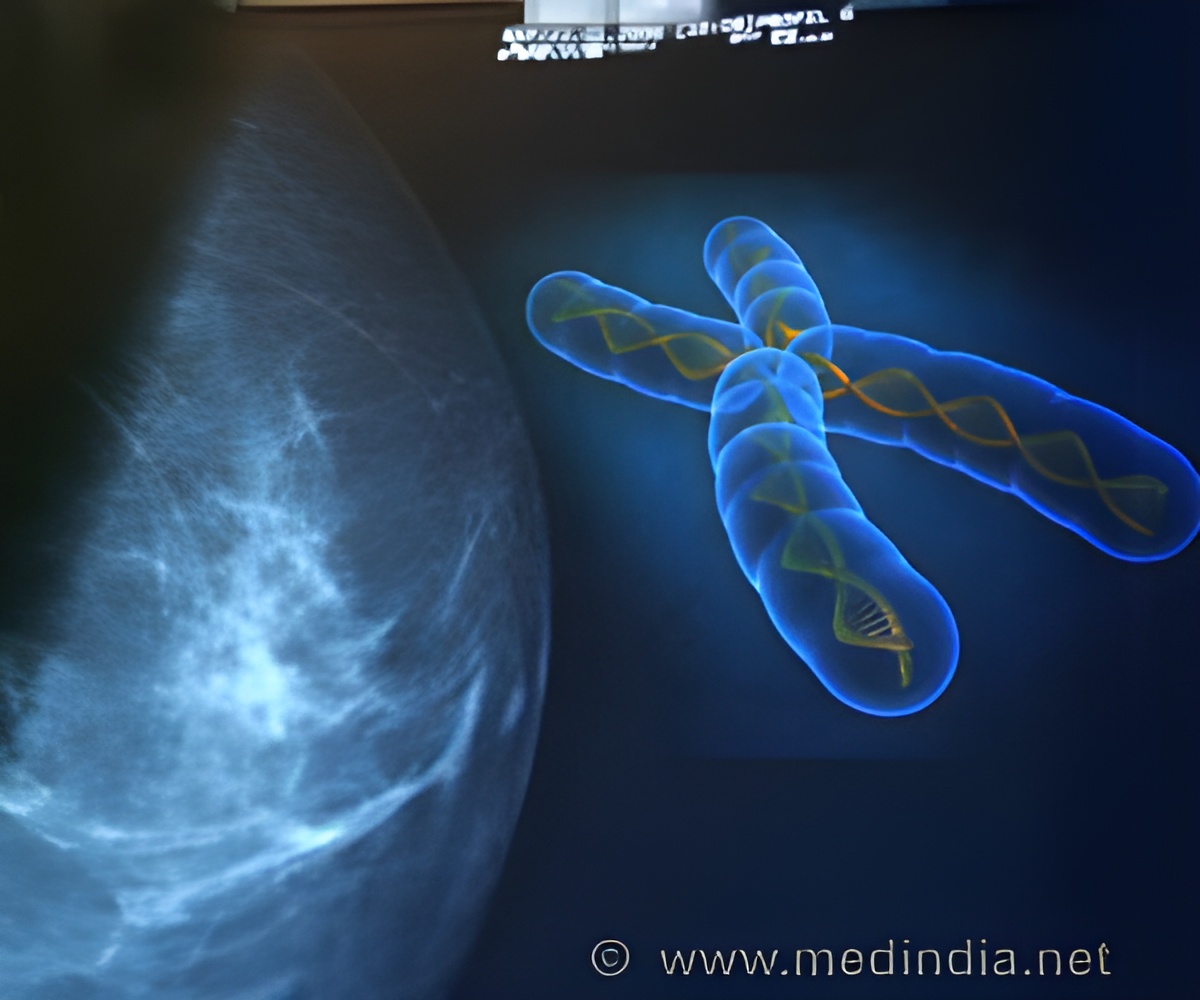
Analysis of downstream signaling pathways of this gene, called SNAIL, could be used to identify potential targets for scientists who are looking for ways to block or slow metastasis.
"This gene relates directly to the mechanism that metastatic cancer cells use to move from one location to another," said Michelle Dawson, an assistant professor in the School of Chemical and Biomolecular Engineering at the Georgia Institute of Technology. "If you have a cell that over expresses SNAIL, then it can potentially be metastatic without having any environmental cues that normally trigger this response."
Previously, Dawson and Daniel McGrail, published a study showing how ovarian cancer cells respond to the mechanics of their bodily environment. Their data showed that ovarian cancer cells are more aggressive on soft tissues - such as the fatty tissue that line the gut, due to the mechanical properties of this environment. The finding is contrary to what is seen with other malignant cancer cells that seem to prefer stiffer tissues.
In the new study, the researchers show how over-expression of the gene SNAIL invitro allows breast cancer cells to operate independently of the mechanics of the environment inside the body. Growing evidence suggests that cancer cells metastasize by hijacking the process by which cells change their type from epithelial (cells that lack mobility) to mesenchymal (cells that can easily move). Also, the researchers examined the biophysical properties of breast cancer cells that had undergone this epithelial to mesenchymal transition (through over expression of SNAIL).
The research team measured the mechanical properties within the nucleus and cytosol of breast cancer cells, the surface traction forces and the motility of the cells on different substrates. They found that cells became much softer, which could help them spread throughout the body.
Advertisement
Source-Medindia













